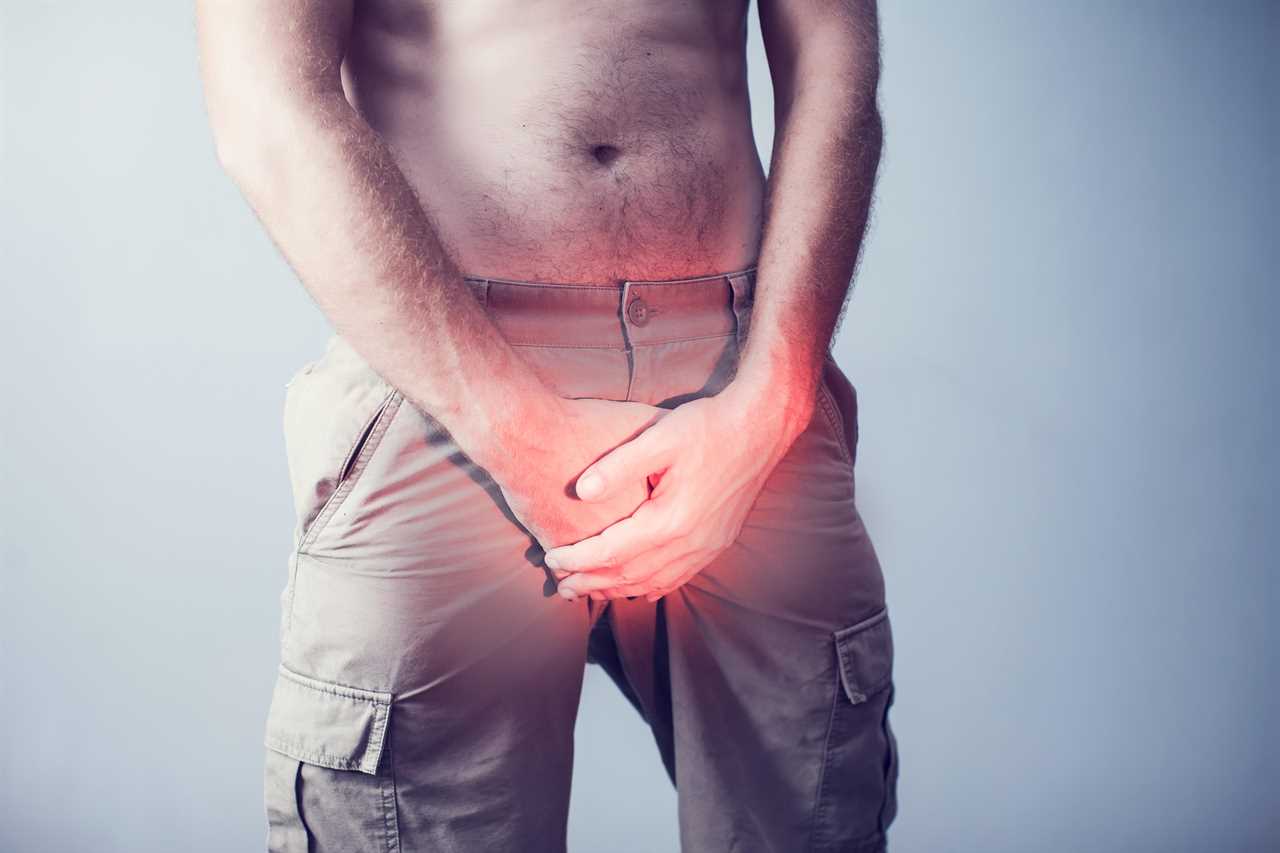A UROLOGIST has busted five cancer myths that everyone needs to know and revealed when to get help.
Prostate cancer and biopsy specialist Petr Holy debunked misconceptions around areas including ages of patients, symptoms and treatments.

A urologist has busted five cancer myths

Petr Holy urged men to keep a close eye on their health
And he called upon all men to keep a close eye on their health.
Prostate cancer is the most common cancer for men and the second most common cancer in the UK.
Mr Holy, of the Men’s Health Clinic in Kingston, South London, said: “Unfortunately, it’s thought many people have put off seeing their GP during the pandemic for fear of burdening the health service.
“We want to make sure people are getting the help they need. Our message is this: If you are concerned about any changes, however small they may be, please speak to your GP, even if you feel well.
“Early detection for prostate cancer is key so it’s important to see a doctor as soon as you can, especially if you are in any of the at-risk groups.”
MYTH: Only old men get prostate cancer
While some people may think prostate cancer only affects older men, risk actually increases over the age of just 50.
Mr Holy said: “The age of 50 is certainly not classed as old these days, yet this is the age we recommend men start to think about their risk of prostate cancer.”
Black males or those with a family history of the disease can also be at greater risk.
MYTH: If there are no symptoms it’s ok
Mr Holy said: “Many men with prostate cancer will have no symptoms, especially if they are in the early stages.
“Symptoms usually only present themselves once there is pressure on the urethra, the tube which connects the bladder.
“If you are concerned about any changes to your urinary function, however small they may be, please speak to your doctor.
“Changes could include an increased need to urinate, or feeling as if your bladder has not fully emptied when you do.
“Don’t wait for symptoms to develop or get worse before you see anyone.”
According to data from NHS England released earlier this year, prostate cancer accounts for around a third of undiagnosed cancers since the start of the Covid pandemic.
MYTH: Peeing in the night means you have prostate cancer
Prostate cancer symptoms can be very similar to those experienced with any changes in the prostate.
Mr Holy said: “If you notice any changes when you pee, make an appointment to see your doctor. They can rule out cancer and advise of any treatments, if you need them.
“Changes when you go to the toilet can be indicative of an enlarged prostate which is common as men age and is usually nothing to worry about, but make an appointment to be sure.”
Earlier this year a urologist explained exactly why you must stop peeing in the shower.
MYTH: A high PSA result means you have prostate cancer
There is currently no national screening programme for prostate cancer but there are some tests which can indicate changes in the prostate.
A PSA test measures the level of prostate specific antigen in the blood, but even if you have a high reading it does not necessarily mean you have prostate cancer.
Mr Holy says men should discuss with their doctor the pros and cons of taking a screening test.
He said: “A high PSA level does not mean you have prostate cancer. It can simply indicate an inflammation of the prostate.
“If a high PSA reading does come back then your doctor will ask for further tests to be carried out, such as a digital exam and a biopsy.”
MYTH: All treatments are invasive
In the UK, the most common treatment paths for prostate cancer are surgery and a mixture of radiotherapy and hormone therapy.
However, many patients are increasingly choosing to turn to proton beam therapy – a type of radiation therapy that uses highly-charged protons to target cancerous cells and minimise damage to surrounding healthy tissue – particularly important in the delicate prostate area.
Mr Holy said: “Anyone diagnosed with cancer should conduct as much research as possible to determine the right treatment path for them.
“With prostate cancer there are many options including surgery and radiation therapy.
“It’s important that patients weigh up the pros and cons of treatment plans. This can include the invasiveness of surgery, compared to various quality of life considerations with radiation and proton beam therapy.”
Men’s Health Clinic in Kingston is a modern men’s health diagnostic and treatment centre with a particular focus on prostate cancer.






